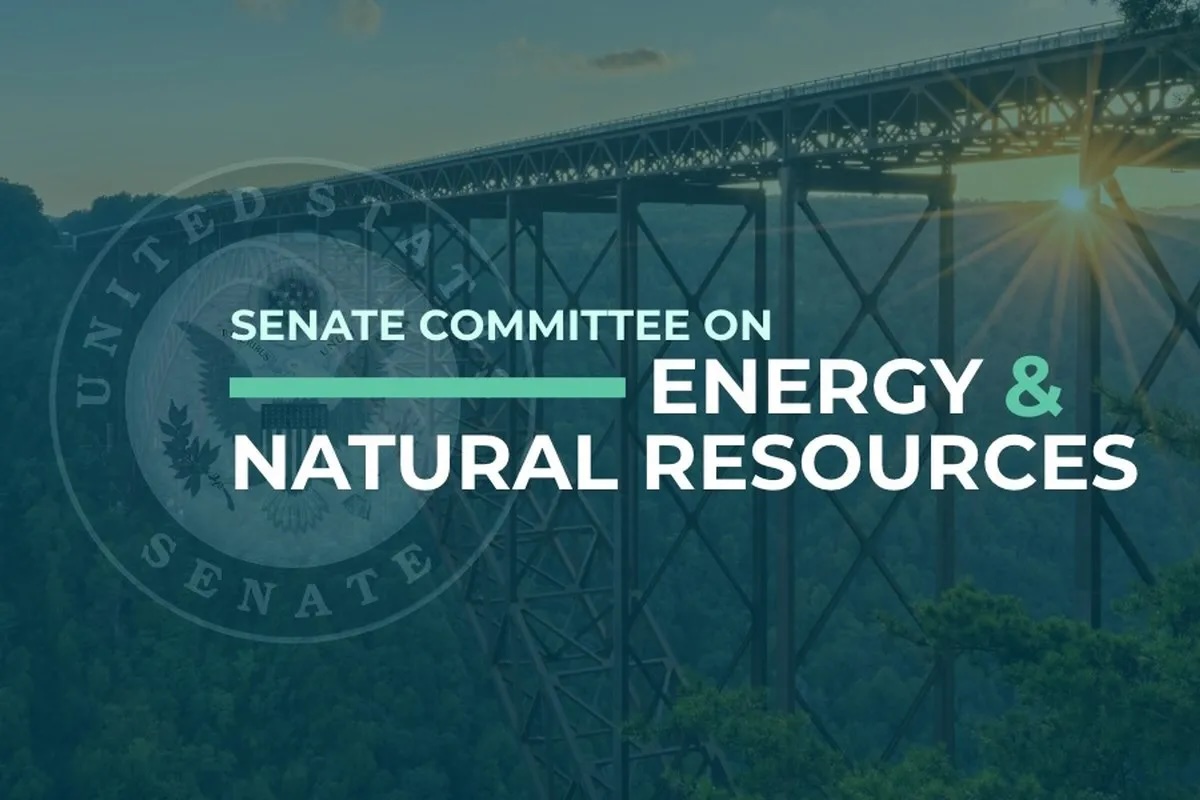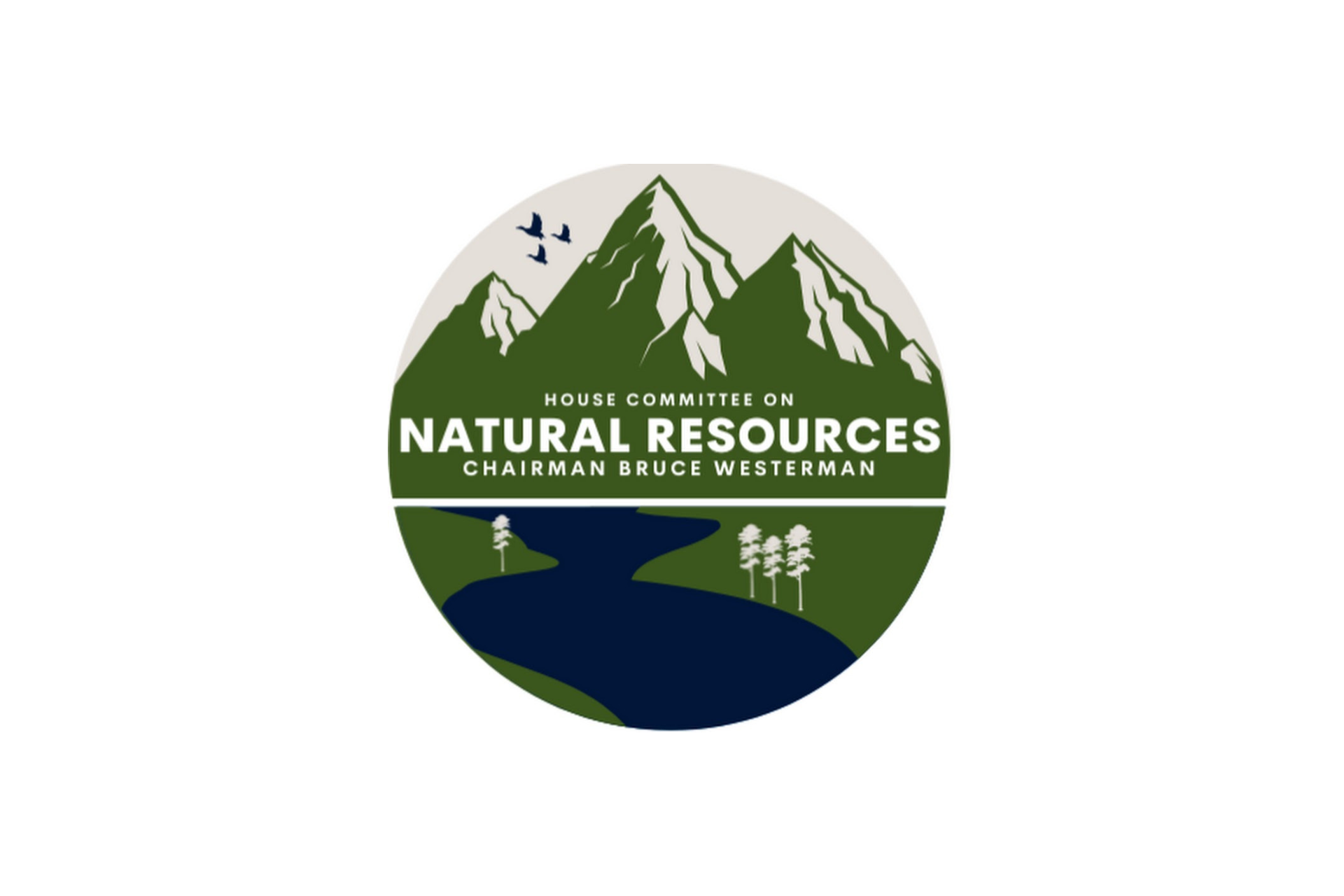In preparation for an upcoming White House Conference on Hunger, Nutrition, and Health, the Task Force on Hunger, Nutrition, and Health has released a new report announcing “Ambitious, Actionable Recommendations to End Hunger, Advance Nutrition, and Improve Health in the United States.”
The report introduces a series of bold suggestions centering on six efforts:
- Improving access and coverage of federal nutrition programs
- Increasing investment in nutrition education, from food labels to federal initiatives
- Connecting nutrition and health care
- Creating a new, research-focused national nutrition science strategy
- Supporting U.S. businesses in efforts to improve nutrition
- Improving coordination, collaboration, and accountability for federal agencies
The Task Force’s #1 policy recommendation is to increase access to federal nutrition assistance. As part of this recommendation, they make this statement: “Congress should permanently extend SNAP to Puerto Rico” and the other territories currently using different systems.
The Task Force, which describes itself as a “diverse multi-stakeholder group of experts,” was convened by the Chicago Council on Global Affairs, Tufts University, World Central Kitchen and Food Systems for the Future, to help prepare for the White House Conference, recently announced to take place on September 28, 2022.
NAP in Puerto Rico
Rather than participating in the SNAP (Supplemental Nutrition Assistance Program) food stamp program, Puerto Rico has a program called NAP. The program receives much less funding than SNAP, so a family must have a lower income to be eligible than families in the states, and will receive less for groceries than a family in the states. This is true even though the cost of food in Puerto Rico is not lower than the cost in states. Indeed, since Puerto Rico must import 85% of the food consumed on the Island, costs for food are often higher than the prices in states.
In addition to the blatant inequality of the funding, it is also capped. SNAP is based on needs and expands to fit the needs of a given state at a given time. NAP is capped, and does not change even in response to natural disasters like Hurricane Maria or extreme situations like the COVID-19 pandemic.
Support for this policy
The task force is not the only group proposing this policy change. Reps. Alma S. Adams (D-NC), Barbara Lee (D-CA), Jenniffer González-Colón (R-PR), Jahana Hayes (D-CT), Nydia M. Velázquez (D-NY), and Gregorio Kilili Camacho Sablan (D-MP) wrote a letter to President Biden in July that urged the inclusion of Puerto Rico and other U.S. territories in the federal SNAP program.
The members of Congress included three pieces of legislation in their package:
- H.R. 4077: Closing the Meal Gap Act of 2021, which called for a transition from NAP to SNAP
- H.R. 5220: Puerto Rico Nutrition Assistance Fairness Act, which lays out plans for such a transition
- H.R. 421: Assuring You Uniform Dietary Assistance (AYUDA) Act of 2021, transitioning the Mariana Islands to SNAP
The Members of Congress wrote, “Crises are opportunities. This upcoming Conference, along with the 2023 Farm Bill is a chance to provide transformative and resilient legislation to address hunger, nutrition, and health outcomes in the United States and territories.”
They continued, “Today, the United States is the wealthiest nation in the world. Yet we have one of the highest food insecurity rates, along with one of the highest obesity rates per industrialized nations, with children the most affected group nationally. Indeed, their bodies become broken by childhood poverty. American children may struggle to metabolize and risk storing the poor-quality food that they can access as fat. Current consumption patterns point to a dire trend: children born in America today will live fewer years because of diet-related diseases.”
In August, the Senate followed with a similar letter to President Biden. Five Democratic Senators, led by Sen. Kirsten Gillibrand (D-NY) and joined by Senators Alex Padilla (D-CA), Elizabeth Warren (D-MA), Bernie Sanders (D-VT), and Ed Markey (D-MA), urged the President to “be particularly mindful of the territories of Puerto Rico, American Samoa, and the Northern Mariana Islands, which have even higher rates of food insecurity than the lower 48 states.”
The Senators further argued that “the current disparity between maximum household benefits for Puerto Rico versus the 48 contiguous states and the District of Columbia ranges from 21-24 percent based on household size,” and that “without additional NAP funding, that disparity is projected to jump to 44 percent per household.”
A leading advocacy ground – the Food Research and Action Center – also prepared a statement for the conference calling for an end to NAP. The NAP program, they said, “leads to more restrictive eligibility requirements, lower monthly benefits, and greater instability in nutrition aid.” They also recommended transitioning the territories to SNAP benefits. “As Americans,” they wrote, “Puerto Ricans and citizens of U.S. territories deserve urgent and equitable food access and should not be subject to fewer benefits solely based on residency.”
Will the conference take action?
The White House Conference on Food, Nutrition, and Health is scheduled for Sept. 28, 2022. It remains to be seen if the conference will respond to these calls for SNAP coverage for the territories — or if Congress will take action on their recommendations.
Updated September 14, 2022



Pingback: White House Conference on Hunger Recognizes Puerto Rico | Turtles Egg News